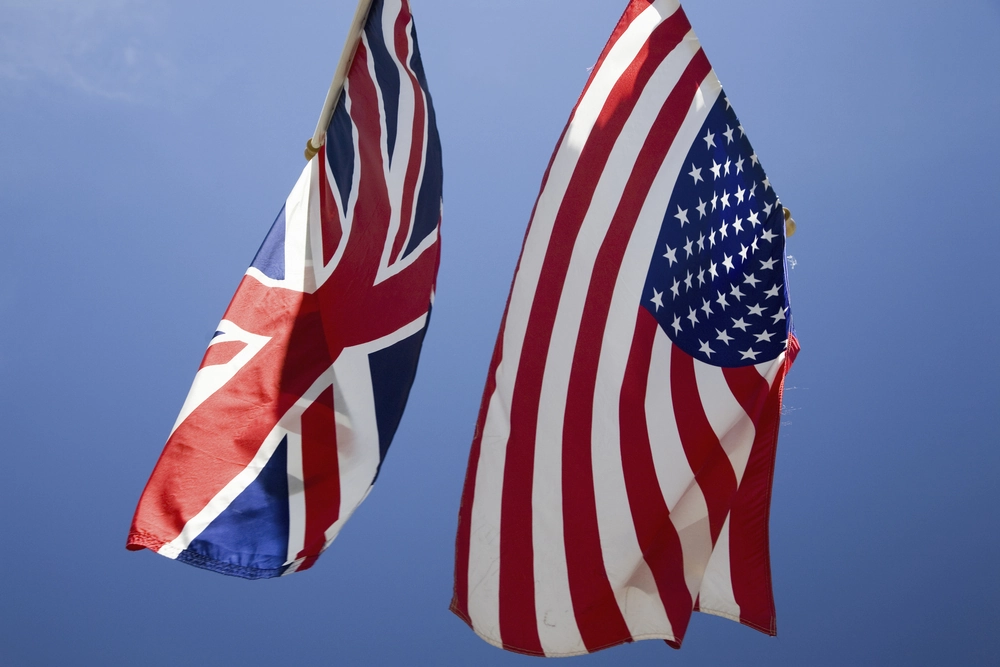
As Covid-19 continues to tighten its grip on the economy, the terms of business relationships are coming under close scrutiny. Parties are increasingly finding themselves in potential disputes with their commercial partners and we are seeing a marked rise in clients embarking on negotiations aimed at resolving those differences. It is important of course to be able to have full and frank discussions with the other side but equally people are cautious about saying something which may later be held against them in the matter goes to court.
For this reason, parties often negotiate on a 'without prejudice' or 'WP' basis. But what does this mean exactly? And are there circumstances where something said on a WP basis can be relied on by the other side in any subsequent litigation? A recent case highlights one such situation.
How does the without prejudice rule work?
The without prejudice rule relates to the confidentiality of the underlying discussions. In short, the rule prevents statements that are made in a genuine attempt to settle an existing dispute from being referred to in court and used against the party that made them. The purpose of the rule is to encourage settlement without the involvement of the court. Put another way, parties are more likely to settle if they are free to put all their cards on the table.
In order to attract without prejudice protection, a communication must be made in a genuine attempt to settle a dispute. It cannot apply therefore where, for example, a party is merely asserting its case or criticising the other side's case.
The most obvious example of the WP rule is where a party owes money and wishes to make an offer to the other side for a lesser amount. That offer can be made on a WP basis and, if it is rejected, the court will not find out about it in any subsequent claim.
Does the without prejudice principle only apply to written documents?
Without prejudice communications can be in writing or made orally.
Do you need to state that a letter is without prejudice?
Simply labelling a document “without prejudice” will not help if the underlying communication does not form part of a genuine attempt to settle a dispute. On the other hand, failing to label a written document ‘without prejudice’ will not necessarily result in a loss of WP protection provided that (when viewed objectively) it is genuinely aimed at settlement. It is a question of substance over form.
Does a lawyer need to be involved in without prejudice discussions?
Without prejudice communications do not have to be made by or in the presence of lawyers. It is perfectly acceptable therefore for commercial parties to enter into without prejudice discussions (so long as those discussions are genuinely aimed at settling a dispute).
Does the without prejudice rule only apply in live court proceedings?
It is not necessary for there to be live court proceedings, and the WP rule also applies to potential or threatened claims. The crucial consideration is whether, in the course of any negotiation, the parties are contemplating, or might reasonably be contemplating, litigation if they cannot agree terms.
The rule does not apply to finalised settlement agreements arising out of the without prejudice discussions. Any such agreement may be disclosable therefore if it is relevant to a future dispute.
Without prejudice exceptions
There are certain occasions when WP communications can be referred to in court. In particular:
Waiver by mutual consent
Without prejudice protection applies to both parties involved and can therefore only be waived jointly. If the parties agree to any such waiver (for example because they both want to rely on what was discussed), the communications - which would otherwise have been kept private - may be used in court.
Dispute about what was agreed
If a dispute arises as to the existence of a settlement or its terms, the content of the without prejudice negotiations may be admissible for the purpose of working out if a settlement was agreed or what the terms of that settlement were.
Fraud or impropriety
The without prejudice privileges will not apply to communications which demonstrate that a party is pursuing a dishonest case (for example by making false statements in court documents) or which evidence fraud, blackmail or other unambiguous impropriety.
Case example: Motorola Solutions Inc v Hytera Communications Corp Ltd (2020)
M was in in dispute with H relating to the alleged misappropriation of intellectual property belonging to M. The parties entered into settlement discussions and, at one meeting, a representative of H said that, if proceedings were commenced, H would remove assets from jurisdictions that were likely to be amenable to enforcement. In other words, H threatened to make itself judgment-proof if settlement could not be achieved. A deal was not concluded, and M subsequently applied for an injunction freezing the assets of H. In support of this injunction, M sought to rely on evidence of what was said at the settlement meeting to show that there was a risk of dissipation of assets (a condition to granting an injunction). H argued that the settlement meeting was held on a without prejudice basis and that the evidence of what was said could not be relied on by M.
The Judge found in favour of M and held that threat made by H was improper and exceeded what was permissible in settlement of hard fought commercial litigation. As such, the threat to deal with assets so as to frustrate a judgment fell within the "unambiguous impropriety" exception that permitted a party to rely on what had been said in the course of without prejudice discussions. As such, M was allowed to rely on that evidence in support of its (successful) application for an injunction.
Practical tips for gaining without prejudice protection
- Agree up front with the other party that the negations are be conducted on a without prejudice basis.
- For written WP communications, mark it as such (e.g. use the heading "Without Prejudice"). For oral WP communications, taken a written note of what was said and record the fact that the discussion was held on a WP basis.
- Avoid using alternative labels such as "off the record" communications. This label has no legal status and is ambiguous. Continue as always to act in good faith and avoid making misleading or false statements about your position.
- Think carefully about whether you want all of the communications in question to be treated on a WP basis. There may be circumstances where you wish to say something that you would want to be later disclosed to the court (for example a rebuttal of the other's side allegations). By all means make those points in the WP discussions but you may also want to deal with the same in open correspondence. This may help in showing to the court what your case is and how you have ended up in litigation.











